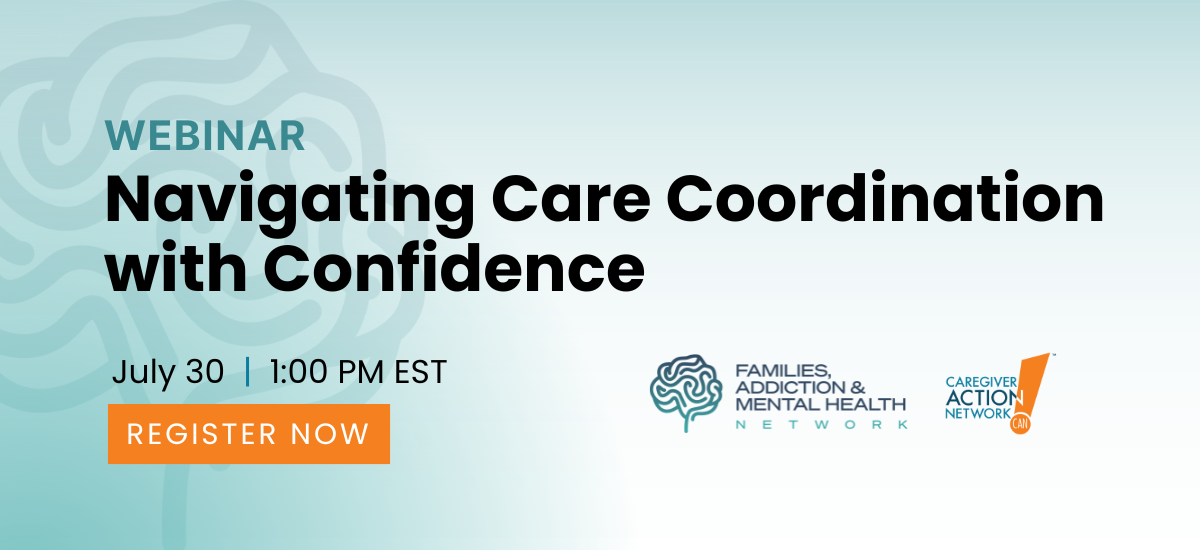Life After Caregiving: Support, Grief, and Moving Forward
Life After Caregiving: Support, Grief, and Moving Forward

Grieving After Caregiving: A Personal Journey
Understanding the Grief Process
Grief after caregiving is a unique and personal experience. While many are familiar with the “five stages of grief”—denial, anger, bargaining, depression, and acceptance—it’s important to recognize that these stages aren’t a strict roadmap. Your grief journey is as individual as your caregiving experience was, and there’s no “right” way to grieve.
Common Emotional Responses
After caregiving ends, you might experience a range of emotions:
- Relief combined with guilt about feeling relieved
- Anger about being left alone or about unresolved issues
- Depression or profound sadness
- Emptiness from the loss of your caregiving role
- Uncertainty about your new identity
Self-Care During the Grieving Process
Taking care of yourself after caregiving ends is not just important—it’s essential. Whether you find comfort in physical activity, quiet reflection, or creative expression, honor what feels right for you. This might include:
- Maintaining a gentle exercise routine
- Looking through photo albums and remembering good times
- Journaling about your feelings and experiences
- Joining a grief support group for caregivers
Reconnecting with Yourself: Life After Caregiving Ends
Rediscovering Your Identity
Many caregivers find that their role became a central part of their identity, often overshadowing other aspects of their lives. As you transition from caregiver to your next chapter, take time to reconnect with the different parts of yourself—whether as a friend, professional, artist, or whatever roles matter to you.
Building a Support Network
Post-caregiving support is crucial for healing and moving forward. Consider:
- Reaching out to family and friends you may have lost touch with
- Joining caregiver support groups specifically for those in transition
- Connecting with grief counselors or therapists who specialize in caregiver support
- Participating in online communities for former caregivers
Exploring New Opportunities After Caregiving
Professional Transitions
Some former caregivers find meaning in transitioning from family caregiver to professional caregiver. This career path might include:
- Becoming a certified caregiver through state-approved programs
- Working as a personal care aide
- Pursuing nursing or healthcare education
- Advocating for caregiver rights and support
Volunteer and Personal Growth
Others find fulfillment in different ways:
- Volunteering with organizations that support caregivers
- Mentoring new caregivers
- Traveling and exploring new interests
- Taking classes or learning new skills
Professional Caregiving Certification
If you’re considering becoming a professional caregiver, certification requirements vary by state and type of care. Basic certification typically involves:
- Completing approved training courses
- Passing certification exams
- Maintaining continuing education credits
- Meeting state-specific requirements
Contact your state’s Department of Health for specific certification requirements and opportunities.
Moving Forward While Honoring Your Journey
Remember that your caregiving experience has given you valuable skills and insights. As you navigate life after caregiving, take time to honor both your past role and your future possibilities. Whether you choose to pursue professional caregiving, volunteering, or completely new adventures, your path forward is yours to define.




